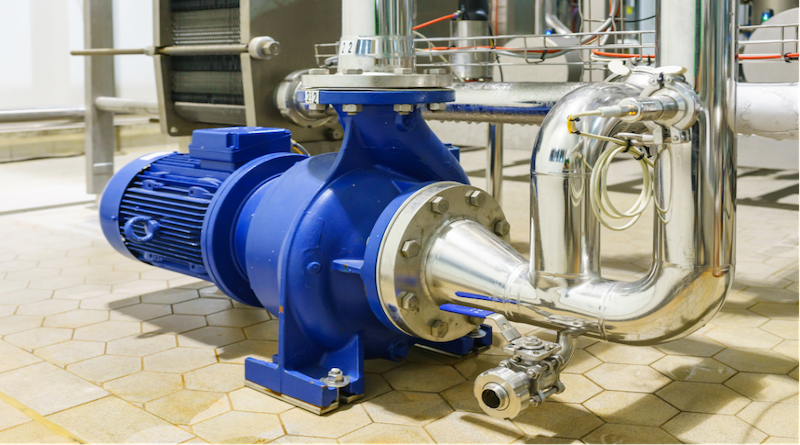What Is an Impeller?
Did you know that the first centrifugal pump impeller was wooden and dates back to 1772?
If you are considering purchasing an impeller for a certain project but are overwhelmed and not 100% sure about what an impeller is, you are in the right place. We have put together the guide below to share what an impeller is and the types of impellers you can choose from.
Read on to learn more.
What Is an Impeller?
Impellers are part of a pump that acts like a propeller. They rotate at a high speed and increase the flow rate and fluid pressure. An impeller can be made from bronze, steel, iron, and plastic.
This part of pump impellers transfers energy to the fluid when it passes through the pump. At the same time, the velocity of the fluid increases at the discharge outlet of the pump.
The main types of impellers include:
Semi-Open Impellers
With this type of impeller, the vanes on one side are enclosed and the vanes on the opposite side are free. One pro of a semi-open impeller is that they are more efficient than other impellers.
Semi-open impellers can be used in medium-diameter pumps along with liquids that have small amounts of suspended solids.
Open Impellers
Open impellers have vanes that are open on both sides. Usually, they are used in less expensive pumps and also pumps that handle suspended solids. Keep in mind that open impellers have a weak structure.
Closed Impellers
These impellers have vanes between the two discs and they are housed in one casting. Closed impellers are normally used in larger pumps that have high efficiencies.
Closed impellers are also more expensive and complicated, plus they need additional wear rings.
Cutter Impellers
Cutter impellers are made to handle solids with their sharp-edged vanes. They have the ability to grind solids before they enter into the pump. These are great impellers to pump waste such as sewage because they won’t clog up.
Keep in mind that cutter impellers tend to have low efficiency.
Vortex Impellers
These types of impellers are not channel impellers. Physically they look like semi-open impellers, but they have more space inside the volute. Vortex impellers are perfect for fluids that are dirty and might have either stringy solids or debris.
Vortex impellers create a vacuum that helps keep the solids away from the impeller while pulling any liquids through it. This helps prevent any damage to the inside of the impeller.
The pros are that they can handle solids and they have very little risk of clogging. The con is that they are not as efficient as other impellers.
Feeling Like an Impeller Pro?
Now that we’ve answered the question “what is an impeller?” now you can decide whether you need an impeller and the best type of impeller for your needs.
If our article came in handy, we have more where this came from. Keep browsing the rest of this section for our latest.




